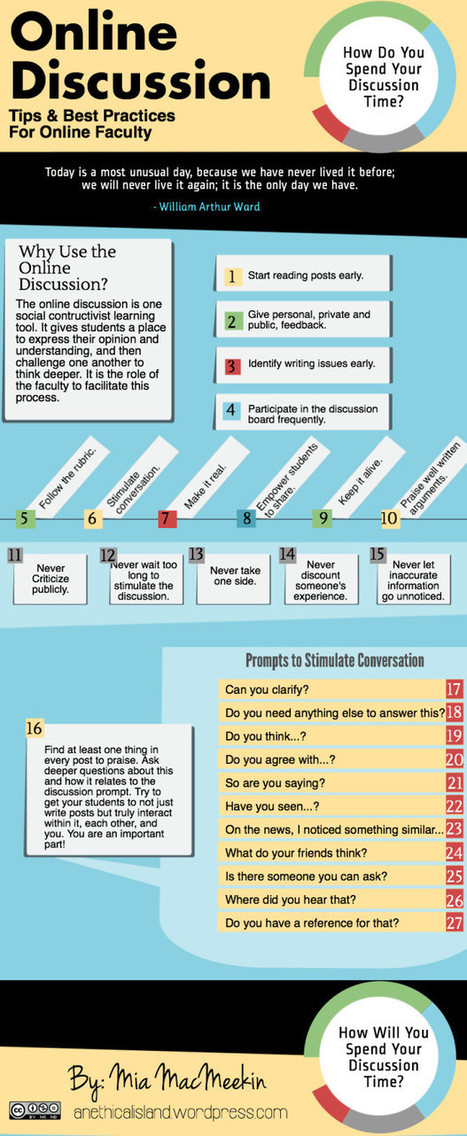Discourse on critical thinking for teachers and educators in all grade levels and in all societies. This channel contains video footage, interviews and clips...
Dennis T OConnor's insight:
One of my Critical Thinking Gurus is Richard Paul. I met him in a bar in Arizona a few years before I left the classroom to teach online. We had one of the great discussions of my life. His thinking and teaching transformed my questioning style when I was a classroom teacher and seeped into my DNA when I went into online work. Here is a series of videos available on YouTube that I would turn to if I were teaching a class devoted solely to Critical Thinking.





 Your new post is loading...
Your new post is loading...
















